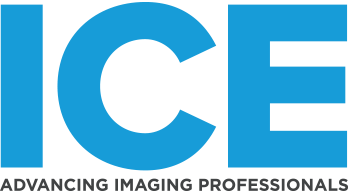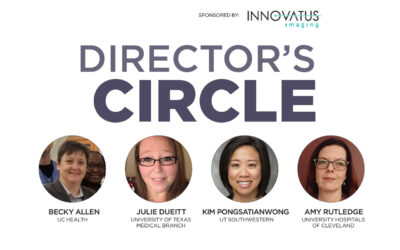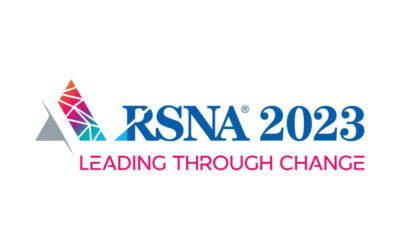 From the 2018 ICE Conference that occurred in February in Las Vegas, or any conference you attend, the follow-up on those leads and contacts you networked with is the most important step!
From the 2018 ICE Conference that occurred in February in Las Vegas, or any conference you attend, the follow-up on those leads and contacts you networked with is the most important step!
How to Network
• Send out emails as soon as possible. Don’t wait too long after the conference. Get in touch with people while your conversations are still fresh in your mind. That said, you should wait until the day is over before shooting off an email. When the person is still busy at the conference, emailing right away could make you seem too eager.
If you can, send a relevant article on the topic you shared. This will show that you have an avid interest in the topic and that you’re willing to share information with them.
If possible, connect the person with other people you know personally or met at the conference. Share information and connections generously, as this will wind up benefiting you later.
• Take advantage of social media. In addition to emailing, connect with people on Facebook, LinkedIn and Twitter as a way to keep in touch. These mediums are important networking tools, since they help people stay connected and get to know each other better, too. Send a short message with each friend request reminding the person who you are and stating how nice it was to talk.
If you’re especially active on social media, you can tweet or post about the conference while you’re still there. Tag people you’ve met and make positive comments about panels and the conference itself. Be sure to use the appropriate conference hashtag, too.
• Stay in touch by email and phone. If the person emails you, email back. Don’t drop a connection a few days after the conference, because anything can happen. Even if the person doesn’t immediately give you a lead on a new job, he or she might do so down the line. Networking is about sharing who you are and what skills you offer to the world and, if you’re good at keeping in touch, people will remember you when it counts.
Consider doing your part to advance the relationship with a connection you’ve made. If you see an opportunity to actually start working with the person, take things to the next level by asking them out for coffee or lunch, or asking for an informational interview.
If anyone you met calls on you for help or information, give it. You never know when someone new in the field might be in the position to help you one day.
Overall, just be consistent. You don’t want to have a flurry of activity followed by a dead period, and then try to restart the relationship when you need the other person.
How Not to Network
Here are some tips of what NOT to do when following up!
- Avoid badmouthing anybody, no matter how useful this might seem. If the person you’re networking with starts badmouthing, refrain from joining in. It gets around.
- Don’t push your ideas. Ask questions and then use your ideas to add to the conversation.
- Don’t lie about anything. Trust is an implicit part of networking and dishonesty will damage your reputation.
- Never interrupt. Bear in mind how much this irks you when someone does it to you.
- Avoid swearing or using any language that might be considered offensive. You don’t know a person’s background or beliefs, so be respectful at all times.
- Remember not to be greedy and focused on first. Networking is a relationship strategy, not a selfish pursuit.
- Don’t pretend to know people and don’t name drop.








